The new fee will apply to all smartphones, including Apple's iPhone, as well as connected netbooks. For feature and messaging phones, the fees will drop to $150, according to Dow Jones Newswires.
Though there has been speculation that AT&T could lose exclusivity of Apple's iPhone over the next year, an AT&T spokesperson reportedly said that the increase in the ETF to $325 was not related to one specific device.
"The changes come amid increased regulatory scrutiny and class-action lawsuits over the issue," the report said. "The Federal Communications Commission has expressed concern that onerous fees make it difficult for consumers to switch their service. Wireless carriers argue the fees are necessary to recoup the costs incurred by the subsidies they provide to lower the initial cost of the handset."
The change follows a previous move by competitor Verizon, which began charging a $350 ETF for smartphone users. Google and T-Mobile also charged a combined $550 fee for those who canceled their contract on the Nexus One. Both of those recent developments have brought ETFs under scrutiny from the U.S. Federal Communications Commission.
AT&T and Apple offer the iPhone at a subsidized rate, starting at $99 for the iPhone 3G, with a two-year contract for the device. Starting in March, Apple began selling contract-free iPhones at a much higher price, as it has done in previous years, to help clear out inventory before the launch of new hardware.
In addition to recouping lost money from a canceled contract, ETFs are also designed to deter customers from jumping to another network. The timing of the ETF increase will undoubtedly result in speculation about the potential of the iPhone becoming available on a carrier other than AT&T.
Apple is expected to introduce its next-generation iPhone when it kicks off the annual Worldwide Developers Conference in San Francisco on June 7.
Rumors of a Verizon iPhone have been persistent since March, when The Wall Street Journal reported that Apple is working on two new iPhones, including a CDMA-capable model that would be compatible with Verizon's network. That report alleged that CDMA iPhones would not go into mass production until September.
When he was asked this week about the prospect of the iPhone on other carriers, Ralph de la Vega, president and CEO of AT&T's Mobility and Consumer Markets division, said he isn't concerned. He said his company's family talk and business discount plans do a good job of retaining customers.
 AppleInsider Staff
AppleInsider Staff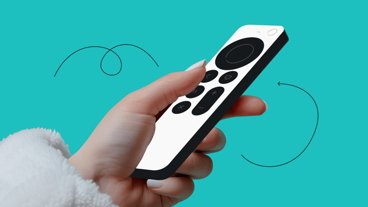
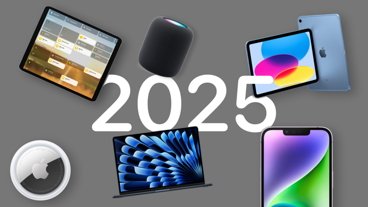
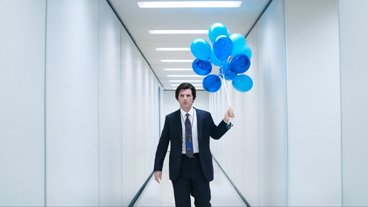
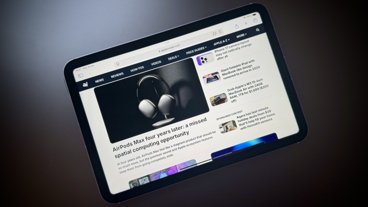

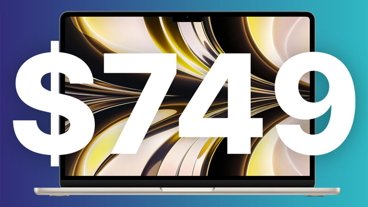

-m.jpg)






 William Gallagher
William Gallagher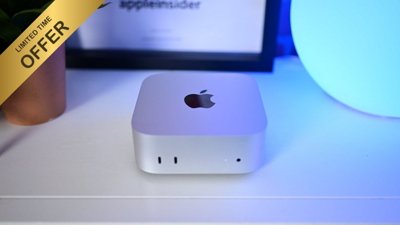
 Christine McKee
Christine McKee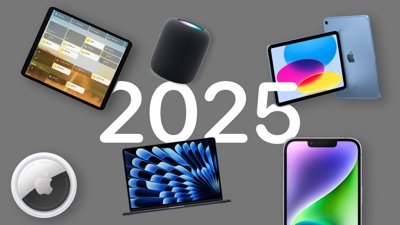
 Wesley Hilliard
Wesley Hilliard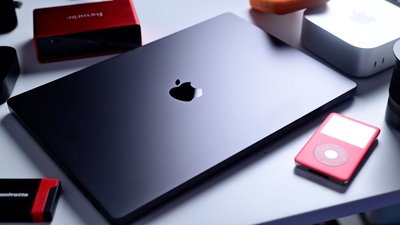
 Andrew O'Hara
Andrew O'Hara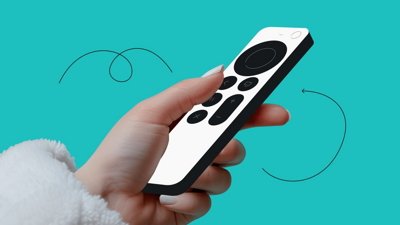
 Sponsored Content
Sponsored Content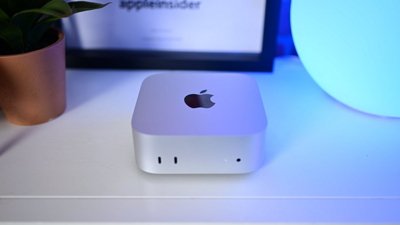
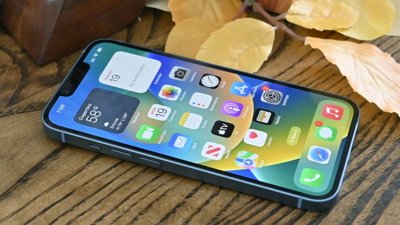

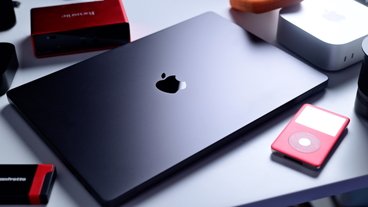
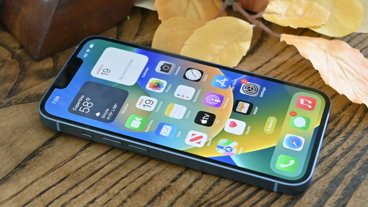




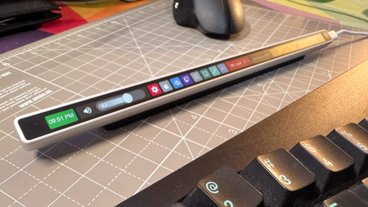

136 Comments
Rogers did the same thing in Canada last year by doubling their ECF fees ($400 ECF for voice and $200 for data). A couple months later Apple announced Bell and Telus got the iPhone (and then Virgin). Likely Rogers got a heads up from Apple and decided more expensive termination fees would help prevent a flood to bell. AT&T has got to be just as concerned. Rogers was in an even worse spot though, since customers that unlocked the iPhones could just move over to the new carriers (I think) whereas AT&T customers would have to buy a new Verizon phone. The increase fee just makes it even more expensive to switch.
If the ETFs are required for the company to recoup subsidy costs of your phone, then why does the cost of your contract not decrease after two years? Or if you buy an unsubsidized phone, why do you still need to pay that rate? And why can't I buy an unsubsidized iPhone and get a month to month contract with AT&T? Oh, yeah, that's just MORE profit for them then.
. . .we like our 3GS phones and AT&T service.
Rogers did the same thing in Canada last year by doubling their ECF fees ($400 ECF for voice and $200 for data). A couple months later Apple announced Bell and Telus got the iPhone (and then Virgin). Likely Rogers got a heads up from Apple and decided more expensive termination fees would help prevent a flood to bell. AT&T has got to be just as concerned. Rogers was in an even worse spot though, since customers that unlocked the iPhones could just move over to the new carriers (I think) whereas AT&T customers would have to buy a new Verizon phone. The increase fee just makes it even more expensive to switch.
You don't need to quote the whole flipping article -- it's right there in the first post.
That being said, I think this is another indication that Verizon is getting the iPhone.
If AT&T changes their TOS and I don't agree with it I assume I will be able to cancel out of the contract. I know a friend who had a phone with another wireless carrier who did just that. Because of the change he was able to cancel the contract without a fee where normally he would have had a fee.